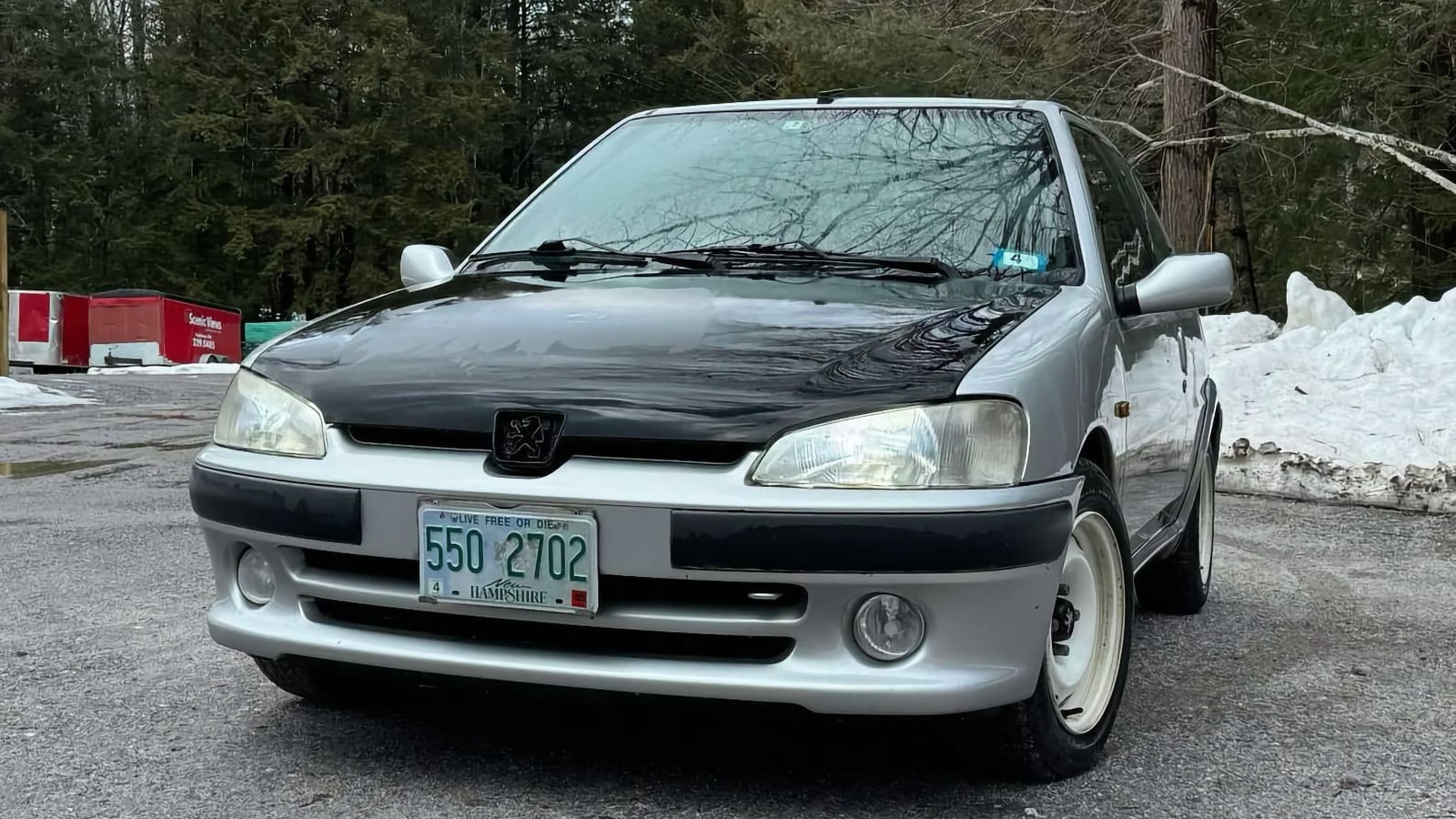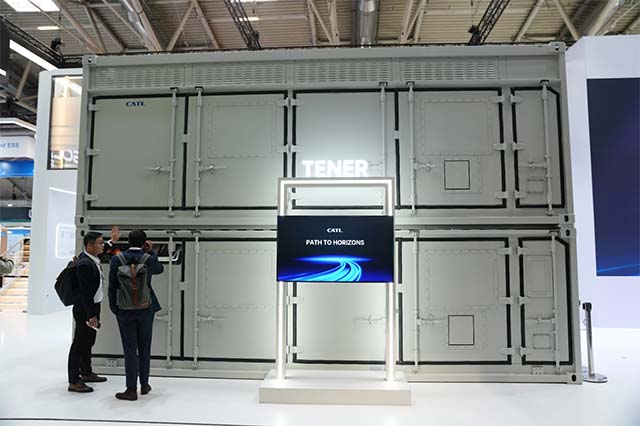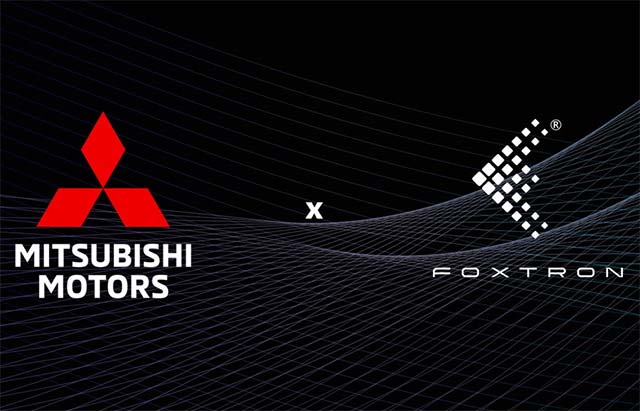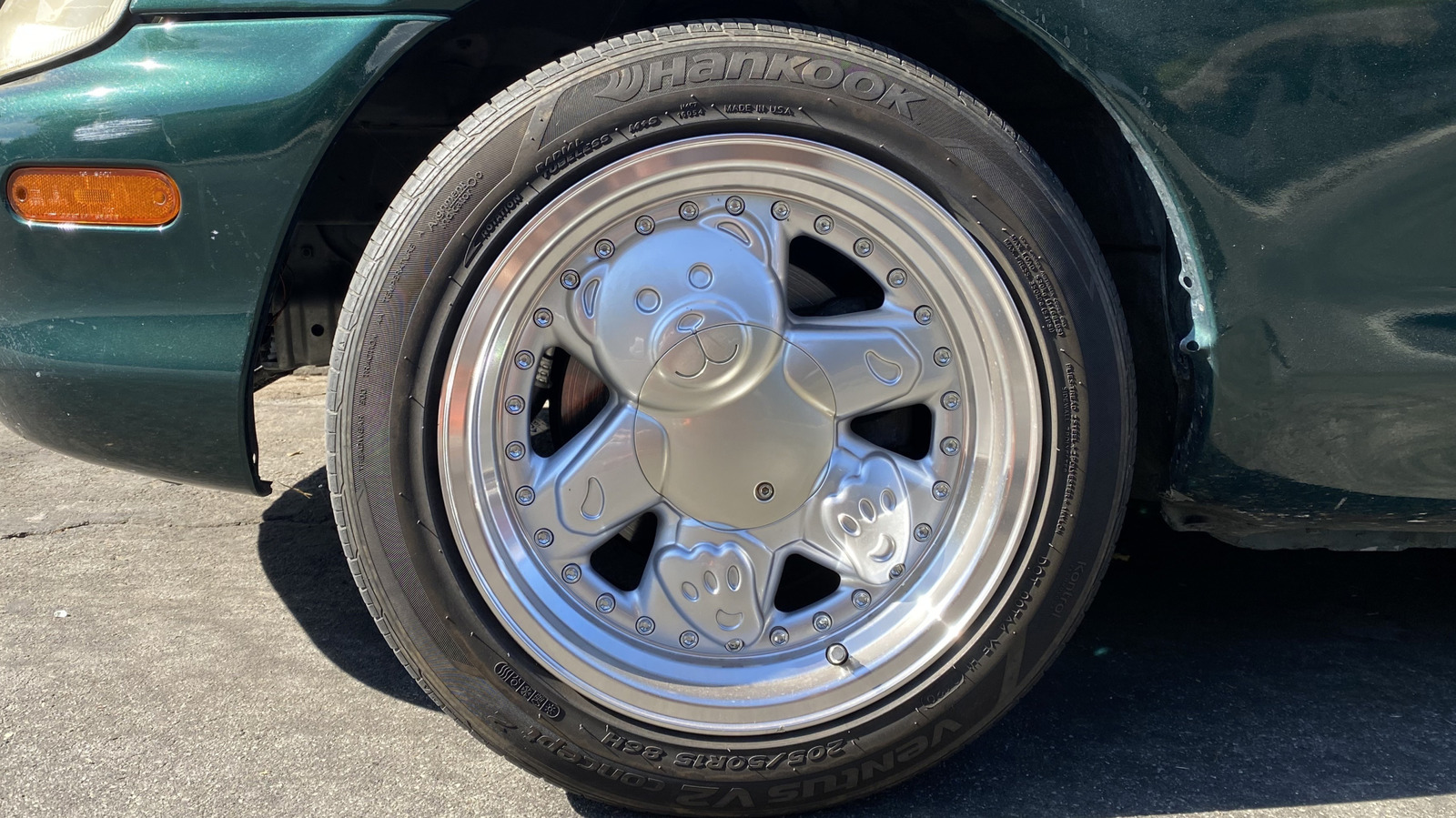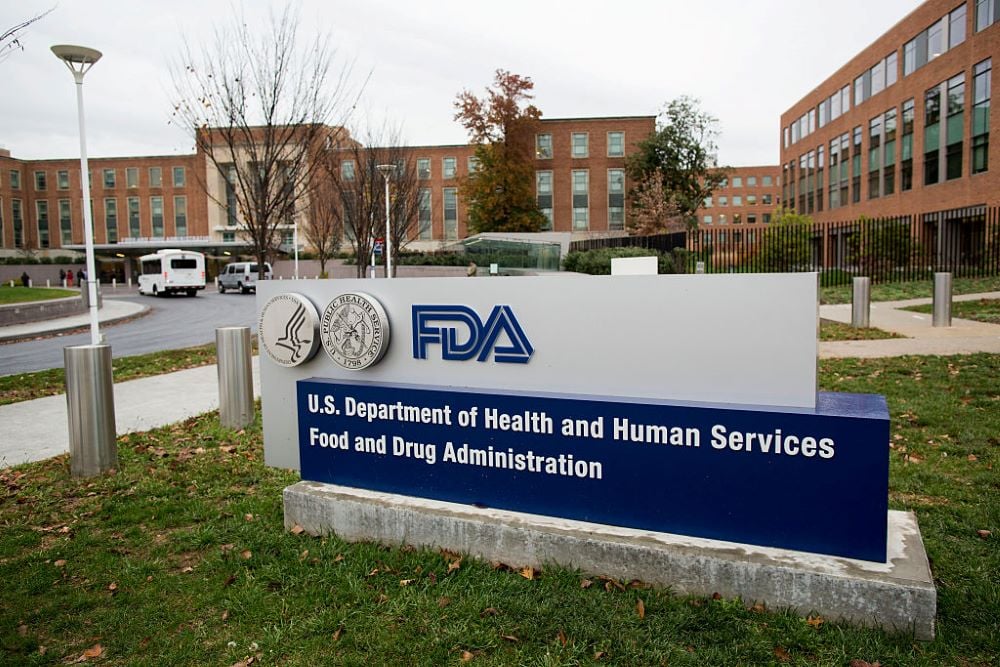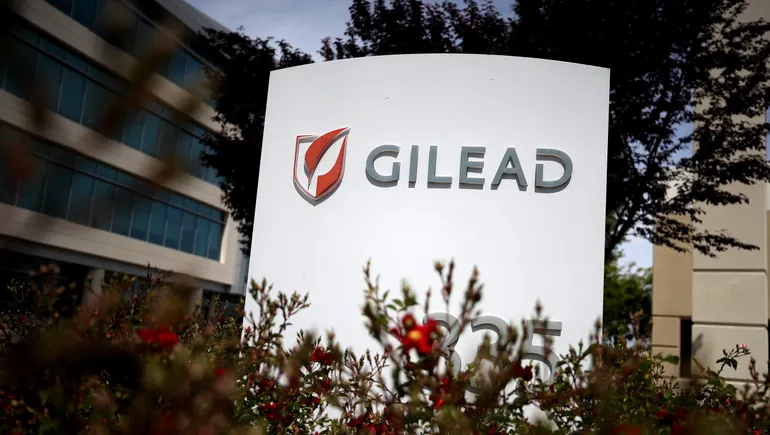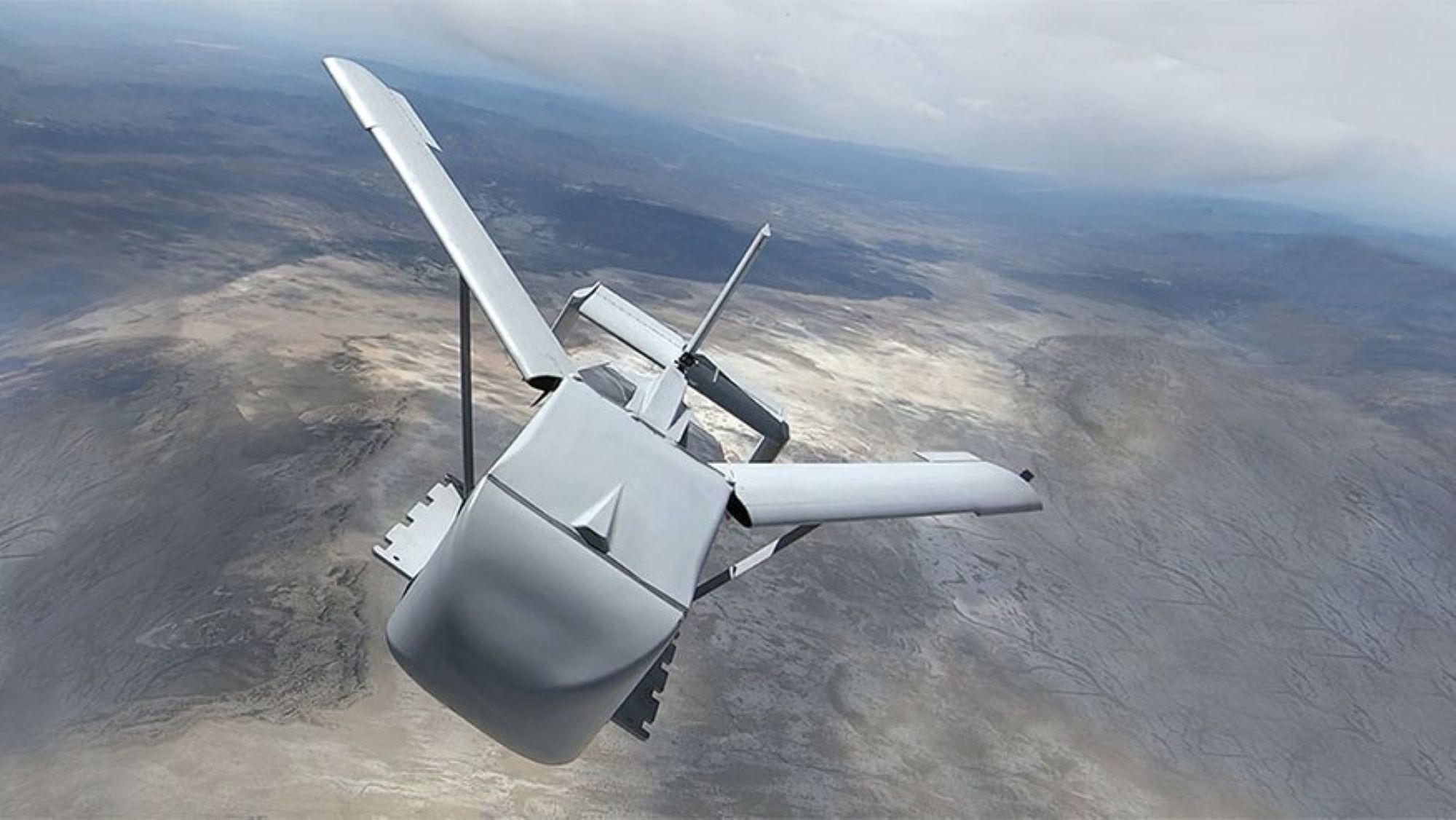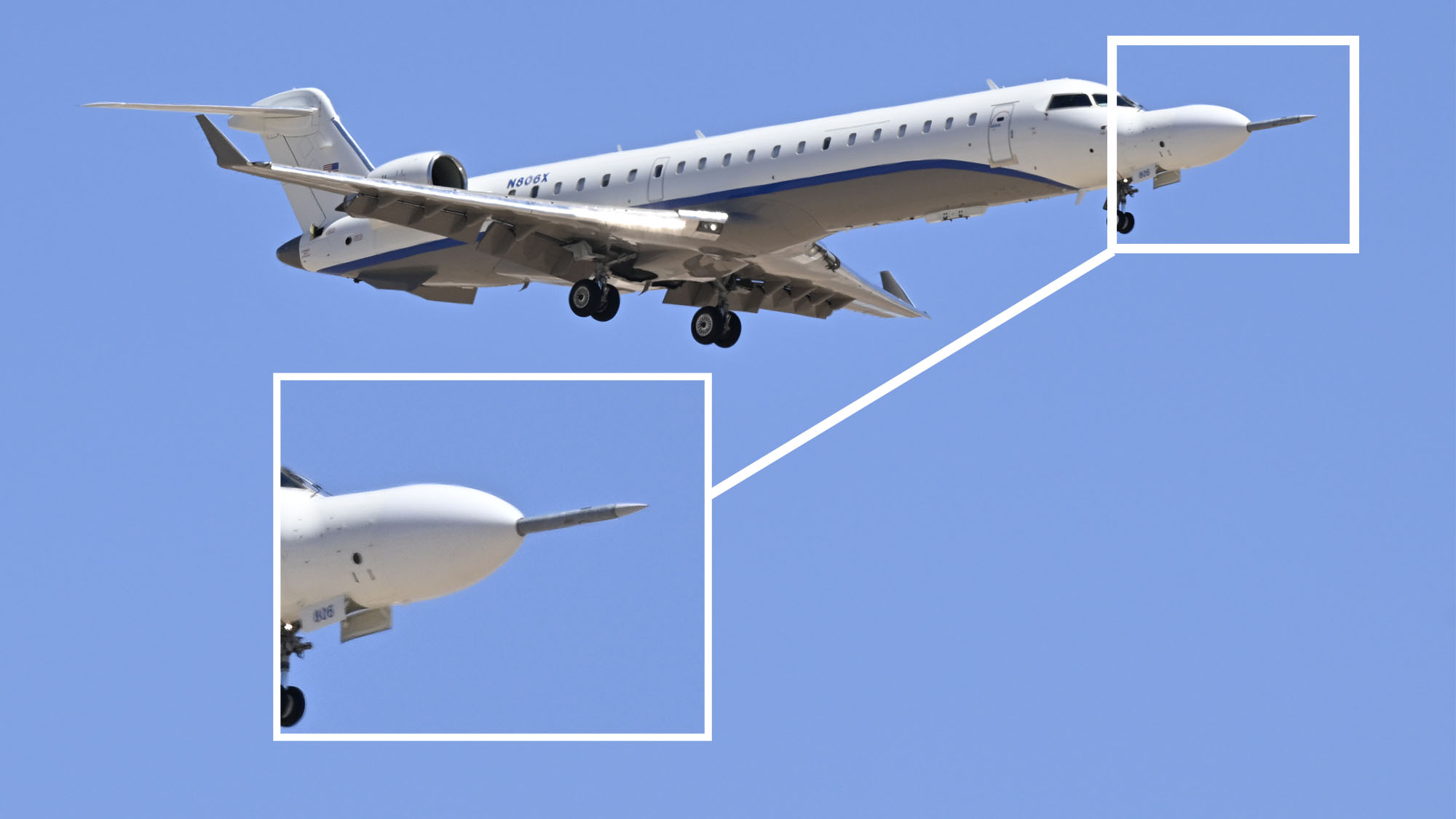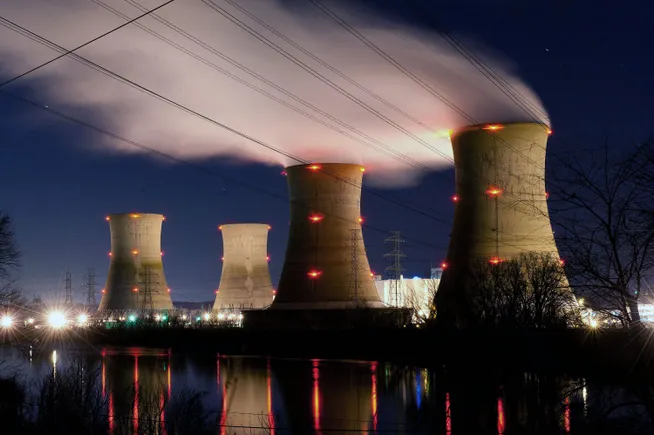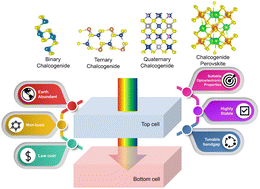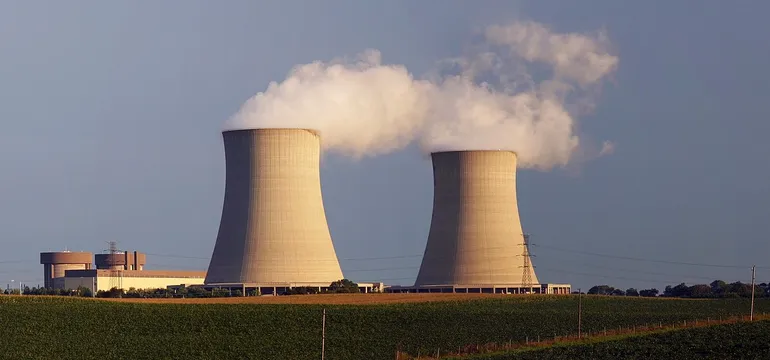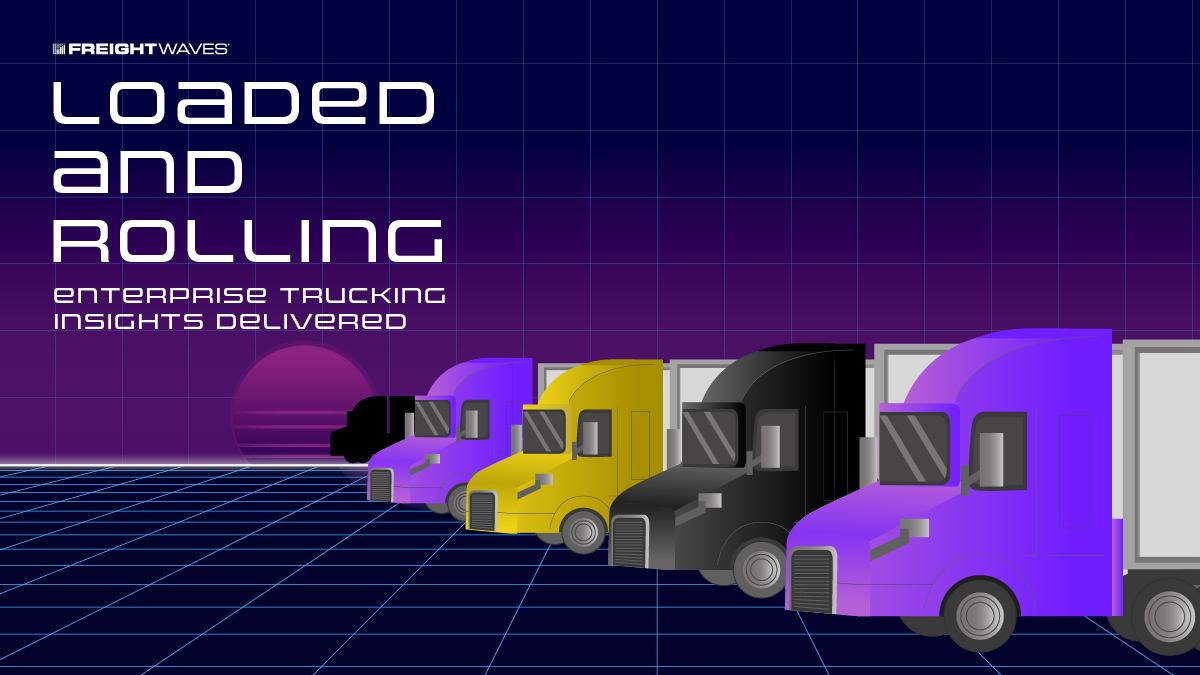California deal with 16 states would end key parts of Advanced Clean Fleets rule
An agreement California has reached with Nebraska and 15 other states is another nail in the coffin of the Golden State’s Advanced Clean Fleets rule. The post California deal with 16 states would end key parts of Advanced Clean Fleets rule appeared first on FreightWaves.

California has taken steps that, if completed, would over time effectively end key portions of its Advanced Clean Fleets rule, through a settlement of a lawsuit by 16 states spearheaded by the Nebraska attorney general.
The settlement was posted Monday in the U.S. District Court for the Eastern District of California. It is a predictable outcome of the decision in January by the state, through the California Air Resources Board (CARB), to withdraw its request for a waiver from the Environmental Protection Agency that would have granted EPA permission to implement the Advanced Clean Fleets rule. ACF would have established a series of mandates for truck owners in California to follow on the way to ending internal combustion engines in trucks by the mid-2040s.
According to the court document, the agreement will require CARB staff to present to the board a proposal to repeal the high-priority fleets and drayage requirements of ACF. There will be a public hearing on the proposal before Oct. 31. The “Initial Statement of Reasons” for the rulemaking that would approve the repeal would need to be published by Sept. 1.
The high-priority fleets section of ACF governed purchases of Class 8 tractors, among other vehicles. The drayage requirements were to be the first rules to hit the state’s trucking sector, requiring any new drayage trucks to be registered with the state after Jan. 1, 2024, to be zero-emission vehicles. But the state said in late 2023 it would not enforce that mandate while various lawsuits played out.
When the state withdrew its waiver request in the final days of the Biden administration, any pathway to implementing the key parts of the ACF in California appeared dead.
CARB sees ‘new approaches’
But in response to a query from FreightWaves, CARB seemed to suggest that the embers are still burning for the ACF, though at a lower temperature. Its spokeswoman used the terms “certain elements” and “new and alternative approaches” in an email to FreightWaves.
“CARB recently took steps to resolve litigation … on the Advanced Clean Fleets (ACF) Regulation by filing a joint stipulation,” the spokeswoman said in the email. “CARB agreed to present a proposal to repeal certain elements of the ACF Regulation to the Board and not to enforce certain requirements of the regulation. [Plaintiffs] agreed to dismiss [their] case after the repeal becomes effective under state law. CARB remains committed to protecting public health using existing authorities as well as new and alternative approaches.”
While CARB has not put out a formal statement about the agreement it reached in the Nebraska case, the settlement filed with the court spells out the steps to be taken by the agency. The defendants in the case were CARB Executive Officer Steven Cliff and California Attorney General Rob Bonta.
It will take some time
“The Parties have reached an agreement that is anticipated to resolve this litigation but will require time to execute,” according to the document known as a “stipulation and order to hold case in abeyance pending outcome of rulemaking.”
If the CARB board agrees to the proposed repeal of the high priority and drayage sections of ACF, it will be submitted to the state’s Office of Administrative Law by Aug. 31, 2026.
After that occurs, Nebraska and the other plaintiffs will withdraw their lawsuit, filed just less than a year ago.
What is notable about the agreement is that it does not make reference to the full repeal of ACF. It refers only to the high-priority and drayage sections of the proposal.
In the court document, the state also says it will not enforce the part of the ACF that requires 100% ZEV sales in the medium- and heavy-duty categories beginning with the 2036 model year “until CARB obtains a Clean Air Act preemption waiver from EPA for that regulatory requirement,” seemingly leaving the door slightly ajar to revive at least part of the ACF under changed political conditions.
There also is no reference in the court settlement to the section of the ACF that would require government fleets to begin a transition to zero-emission vehicles by purchasing a growing percentage of ZEVs for their own fleets. The original Nebraska lawsuit did describe the provisions of the government fleet mandate, but it is not mentioned in the four-page settlement document that was released Monday.
In addition to the attorney general of Nebraska, the attorneys general of 15 other red states joined as plaintiffs: Alabama, Arkansas, Georgia, Idaho, Indiana, Iowa, Kansas, Louisiana, Missouri, Montana, Oklahoma, South Carolina, Utah, West Virginia and Wyoming.
The Nebraska Trucking Association and the Arizona State Legislature also were plaintiffs.
A ‘unified national approach’
In its prepared statement on the court settlement, Kent Grisham, the president of the Nebraska Trucking Association, noted that the lawsuit is not being withdrawn. “We are only putting it into abeyance until CARB follows through on its promise to repeal ACF altogether,” he said. “But the fact that they have admitted that an EPA waiver is necessary sends a signal to any other state wanting to create a patchwork of regulations around the country that when it comes to interstate commerce, a unified national approach is the only way to keep the supply chains running.”
Much of the opposition from other states to various California clean transportation rules is not that they can create a patchwork of regulations. It is that the sheer size of the California market will lead OEMs making cars or trucks to produce vehicles that meet California’s standards in all locations, effectively nationalizing one state’s rules.
When CARB first approved the ACF, its view was that it did not need a waiver, as it did for the companion Advanced Clean Trucks rule. But late in 2023, California did request a waiver for ACF.
Conventional wisdom when it was withdrawn in January is that the waiver request was being pulled because the Trump administration would be in charge of the EPA in just a few days. But the fact that it had been more than a year since the waiver request was made to EPA and it still had not been approved by the Biden-led EPA was also seen as a signal that even a Biden EPA was not prepared to approve the sweeping changes that would have been required under the ACF.
More articles by John Kingston
2 markets in 1 quarter: Auto-hauling demand volatile for Proficient
Leadership at C.H. Robinson celebrates 1-year milestone by posting another strong quarter
RXO finds positives in quarter marked by soft market and profit loss
The post California deal with 16 states would end key parts of Advanced Clean Fleets rule appeared first on FreightWaves.










